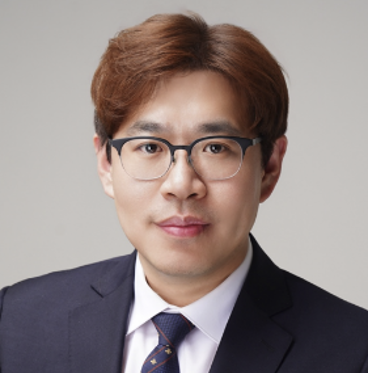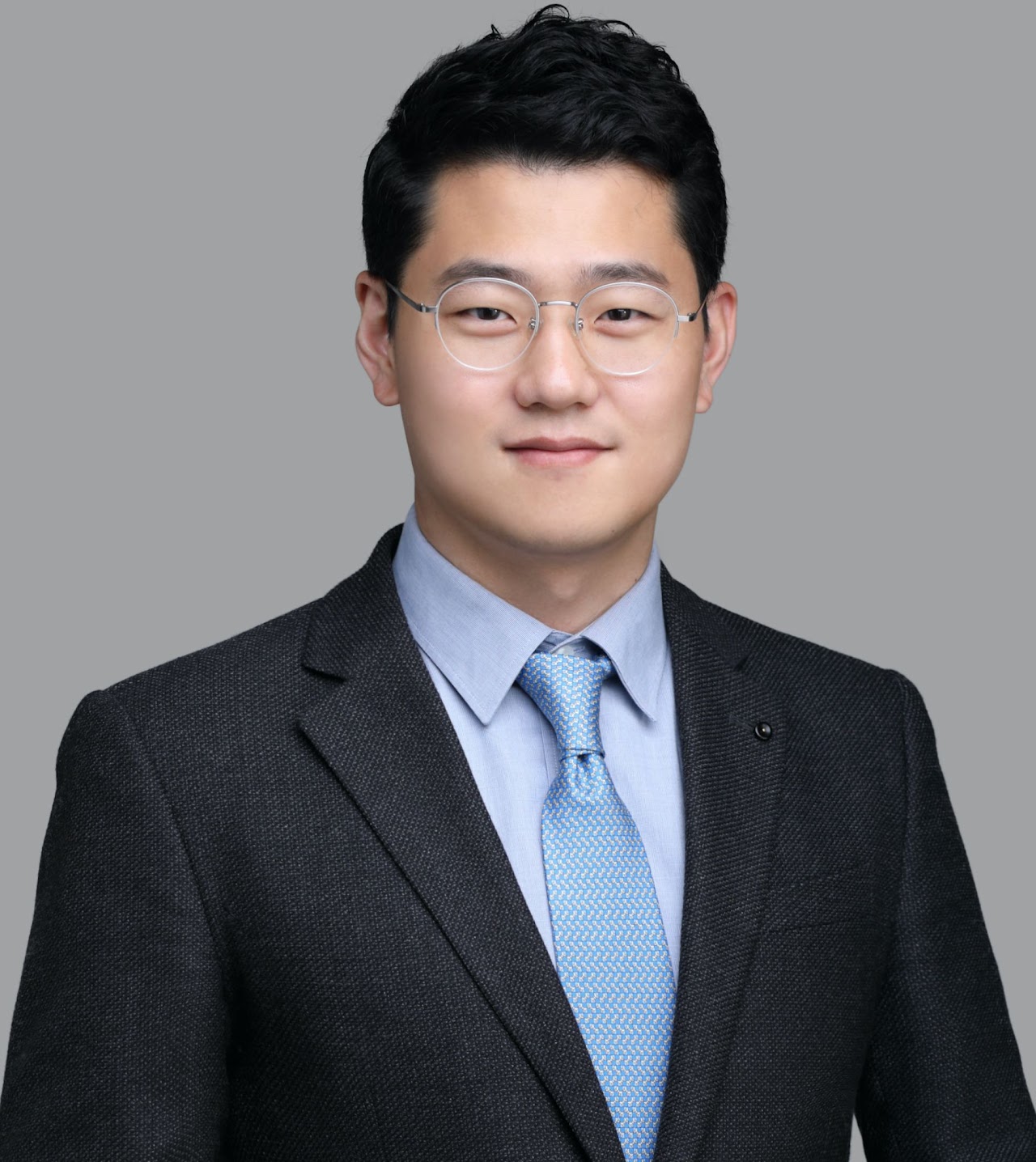Keynotes
Reinforcement Learning Methods for Secure Computing


Joongheon Kim
Dr. Joongheon Kim has been with Korea University, Seoul, Korea, since 2019, where he is currently an associate professor at the Department of Electrical and Computer Engineering. He received the B.S. and M.S. degrees in computer science and engineering from Korea University, Seoul, Korea, in 2004 and 2006; and the Ph.D. degree in computer science from the University of Southern California (USC), Los Angeles, CA, USA, in 2014. Before joining Korea University, he was a research engineer with LG Electronics (Seoul, Korea, 2006–2009), a systems engineer with Intel Corporation Headquarter (Santa Clara in Silicon Valley, CA, USA, 2013–2016), and an assistant professor with Chung-Ang University (Seoul, Korea, 2016–2019). He was a recipient of Annenberg Graduate Fellowship with his Ph.D. admission from USC (2009), Intel Corporation Next Generation and Standards (NGS) Division Recognition Award (2015), IEEE Systems Journal Best Paper Award (2020), IEEE ComSoc Multimedia Communications Technical Committee (MMTC) Outstanding Young Researcher Award (2020), and IEEE ComSoc MMTC Best Journal Paper Award (2021). He also received IEEE ICOIN Best Paper Award (2021), IEEE ICTC Best Paper Award (2022), and IEEE Vehicular Technology Society (VTS) Seoul Chapter Awards.
Sensing the Future: Unveiling the Benefits and Risks of Sensing in Cyber-Physical Security


Jun Han
Jun Han is an Associate Professor at KAIST of Computer Science, School of Computing at KAIST. He founded and directs the Cyber-Physical Systems and Security (CyPhy) Lab at KAIST. Prior to joining KAIST, he was at the National University of Singapore with an appointment in the Department of Computer Science, School of Computing, and Yonsei University with an appointment in the School of Electrical and Electronic Engineering. His research interest lies at the intersection of security and mobile/sensing systems and focuses on utilizing contextual information to solve security problems in the Internet-of-Things and Cyber-Physical Systems. He publishes at top-tier venues across various research communities spanning mobile computing, sensing systems, and security (including IEEE S&P, USENIX Security, ACM CCS, MobiSys, MobiCom, SenSys, Ubicomp, IPSN). Jun also serves on TPC of several top-tier venues in these areas (including IEEE S&P, USENIX Security, ACM MobiSys, SenSys, IPSN) and received multiple awards including the Google Research Scholar Award. He received his Ph.D. from the Electrical and Computer Engineering Department at Carnegie Mellon University as a member of the Mobile, Embedded, and Wireless (MEWS) Group. He received his M.S. and B.S. degrees in Electrical and Computer Engineering also at Carnegie Mellon University. Jun also worked as a software engineer at Samsung Electronics.


